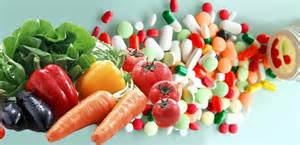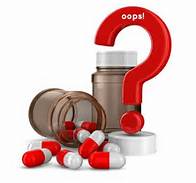Whole Food
Concentrated Supplements
Concentrated Supplements

Catalan Proverb
It is easy to prevent problems by following specific knowledge and awareness about your body. Once problem sets in, larger quantities of nutrients are needed. And many simply could not be comfortably consumed at all. Could you eat a half cup of raw heart extract? A half pound of raw liver? How about a bucketful of raw tillandsia plant, carrots and beets? A bowl of raw wheat germ and rice bran? Or raw adrenal and a bucket of raw alfalfa, kelp, buckwheat and flax? How about eating this entire daily? These raw foods would contain the large quantities of vitamins and minerals needed to help people with weight and health problems. But since we cannot eat these things raw and in large amounts, we do the next best thing and eat them in the form of whole food supplements. Whole nutritional complexes work best with your problems. These kinds of nutritional complexes are the only products that really get the job done.
Supplements comprised of single manmade vitamin supply a fraction of the whole vitamin complex, creating shortage of nutrients. Taking more of a manmade vitamin will not make up the difference. Unless you grow your own food, raise your meats and live a stress-free life, you need to supplement. It is your way to ensure all the vital nutrients needed by the body are in there, every day. Taking supplements isn't a once in a while project, but you do it as long as you want to get healthy and stay healthy.

Look at your supplement label. Very often you don’t know if it is natural. It is very confusing. Here is an example of good label ingredients: carrot powder, beet powder, flax meal powder, brown rice powder, alfalfa juice powder, soybean lecithin, green tea leaf powder. All these ingredients sound like a food or plant. Here's an example of a bad label ingredients: Dicalcium phosphate, magnesium oxide, ascorbic acid, d-alpha tocopherol, beta-carotene, hydrogenated vegetable oil, talc, artificial colors. If you can’t pronounce the word, the chance is that is not natural and you should not eat them.










